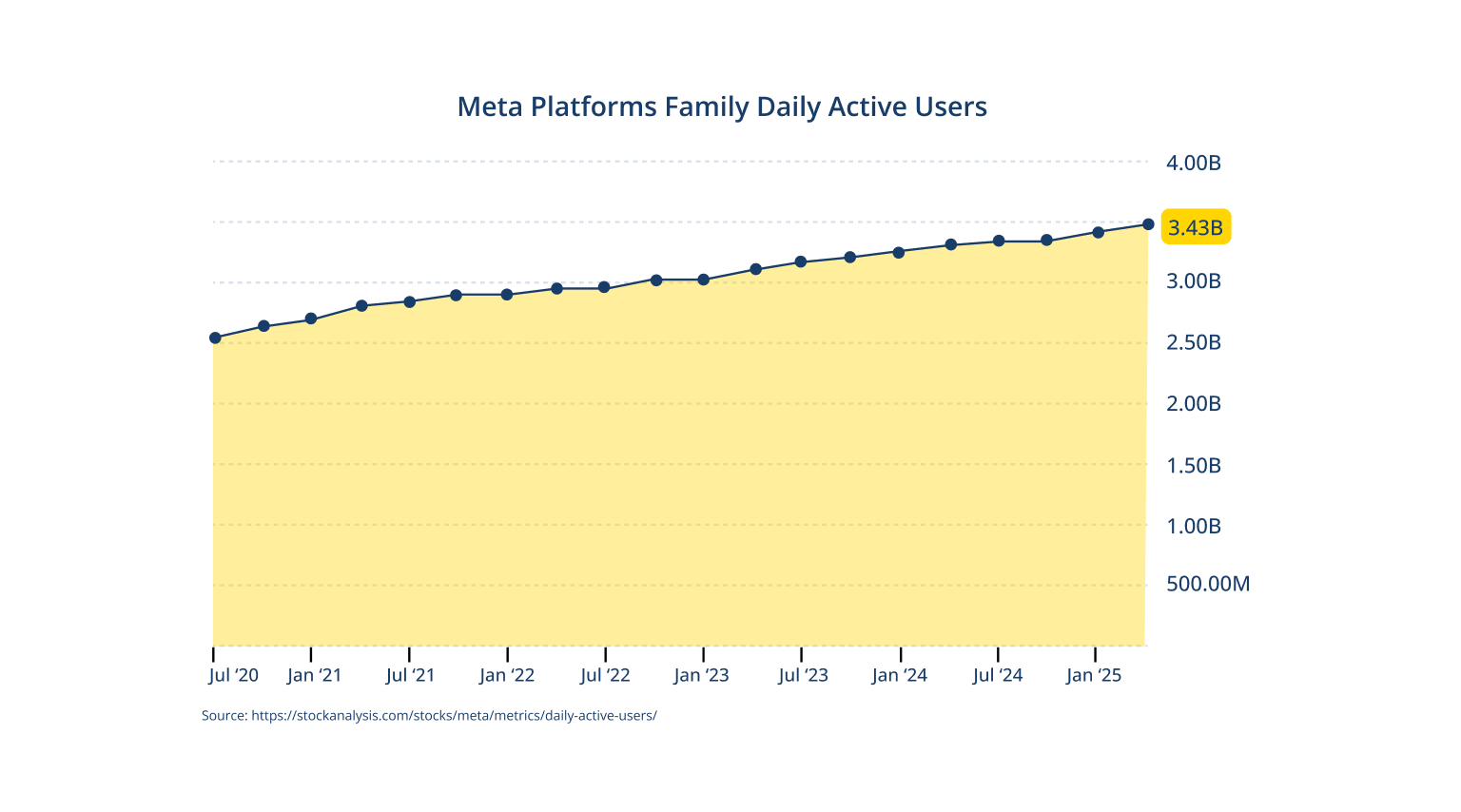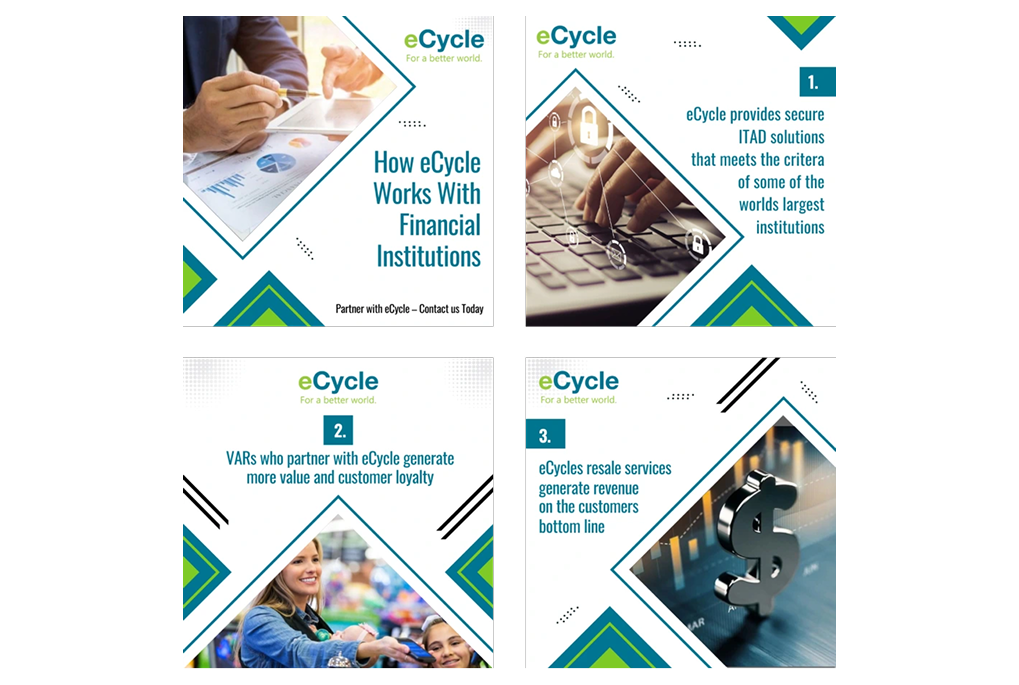
Attracting buyers and showcasing properties requires more than just a “For Sale” sign; digital advertising is now a game-changer. It’s the key to creating a strong online presence and reaching the right audience.
However, keeping up with legal regulations and platform-specific policies can be challenging for Canadian real estate professionals. Mastering these rules is crucial for staying ahead and making the most of today’s digital landscape.
Understanding digital advertising rules is essential for real estate professionals looking to stay compliant and effective.
Below, we break down the crucial regulations the Real Estate Council of Ontario (RECO) and the Canadian Real Estate Association (CREA) set. It also explores key guidelines for popular platforms like Google Ads, Facebook housing ads, and even TikTok real estate marketing in Canada.
Navigating RECO and CREA Guidelines and Advertising Rules
Following professional regulations is essential for responsible digital marketing in Canada’s real estate industry. RECO and CREA provide clear guidelines that outline how real estate professionals can promote properties and services effectively and ethically.
Real Estate Council of Ontario (RECO) Rules
In Ontario, the Real Estate Council of Ontario (RECO) enforces the Real Estate and Business Brokers Act (REBBA), which sets specific advertising standards for licensed realtors.
These regulations aim to uphold public trust, promote fair marketing, and protect consumers from false or misleading information.
Realtors must comply with these rules across all advertising platforms, whether online or offline, as outlined here:
Transparency and Accuracy
Advertising must always be truthful and not deceptive. Property listings should reflect correct details, including descriptions, prices, and availability. Misrepresenting a property’s condition or status can lead to serious consequences.
Identification Requirements
Every advertisement must clearly show the brokerage name and the realtor’s legal name as recorded with RECO.
This applies to all types of media—digital platforms, printed materials, and social media—to ensure transparency about who is responsible for the content.
Prohibited Terms
Realtors cannot use terms like “sold” until a transaction is fully completed. This rule helps prevent confusion and ensures that only finalized sales are advertised as closed.
Terms suggesting guaranteed results or specific outcomes must be used carefully to avoid misleading potential clients.
Third-Party Platforms
When using external platforms such as Google and Meta, realtors must comply with both RECO’s regulations and the platform’s specific guidelines.
This involves following rules on audience targeting, content accuracy, and ad presentation. Failure to adhere to these standards can lead to ad removal or additional regulatory review.
Non-compliance with these guidelines can result in disciplinary actions, financial penalties, or even a real estate license suspension.
Staying informed about these rules is essential for realtors to uphold a trustworthy reputation and protect their professional credentials effectively.
Canadian Real Estate Association (CREA) Guidelines
CREA sets advertising guidelines to uphold ethical standards nationwide. These guidelines are designed to encourage fair competition, protect consumers, and ensure consistent branding across all forms of marketing.
Key provisions include:
Fair Competition
Realtors must present their services accurately without making false claims or disparaging competitors. Advertisements should highlight the realtor’s strengths without undermining others in the industry.
Consumer Protection
All property listings must be truthful and transparent, providing accurate details such as the market value. Misleading or exaggerated claims can erode consumer trust and may result in regulatory penalties.
Brand Compliance
Realtors using the MLS® system must follow CREA’s branding guidelines and properly use trademarks. This helps maintain the integrity of the MLS® brand and ensures consistency in how properties are marketed.
Confidently adhering to these standards allows realtors to safeguard their professional reputation, cultivate trust with clients, and guarantee that their digital advertising is compliant and effective.
Platform-Specific Guidelines for Realtor Digital Advertising
Different digital platforms have unique policies governing real estate advertising. Understanding these rules is crucial for maintaining compliance and maximizing campaign effectiveness.
Google Ads for Realtors
Google Ads offers a valuable platform for attracting traffic to property listings and generating leads, but it imposes strict guidelines for housing-related advertisements.
Important rules to follow include:
Personalized Advertising Restrictions
In housing-related promotions, Google does not allow advertisers to target users based on sensitive categories such as race, ethnicity, religion, or other protected characteristics.
Location Targeting
Advertisers must ensure geographic targeting is accurate and fair, avoiding discriminatory practices when specifying regions for their ads.
Transparency Requirements
Ads must clearly state they promote real estate services, and any claims made must be truthful and supported by evidence to avoid misleading consumers.
Failure to comply with these policies can result in ad rejection, account suspension, or even legal repercussions, making it crucial for realtors to follow Google’s guidelines closely.
Facebook Housing Ads in Canada
Meta platforms, including Facebook and Instagram, enforce strict policies on housing-related advertisements to prevent discrimination and promote fair access to housing opportunities.
These guidelines align with Canadian legal standards and ensure that real estate advertising remains transparent and equitable.
Key policies include:
Special Ad Category
All housing-related advertisements must be placed under the “Special Ad Category.” This classification limits targeting options, preventing the use of age, gender, and specific postal codes to ensure broader and fairer audience reach.
Geographic Limits
While advertisers can target locations, the selected areas must be broad and inclusive. Narrow or exclusionary targeting is prohibited to prevent discrimination and maintain equitable access.
Disclosure Requirements
Advertisements must present clear, accurate descriptions of properties and services. Misleading information, exaggerated claims, or vague descriptions can result in non-compliance with Meta’s policies.
Failing to follow Facebook’s housing ad regulations can lead to ad disapproval, account restrictions, and potential harm to a realtor’s professional reputation.
Adhering to these guidelines is essential for maintaining legal compliance and public trust.
TikTok Real Estate Marketing
TikTok is quickly becoming a popular real estate marketing platform, allowing realtors to connect with younger audiences through engaging short-form videos.
This platform provides innovative methods for showcasing properties, but realtors must strictly follow specific guidelines to ensure compliance and maintain audience trust.
These key policies are non-negotiable:
Advertising Disclosure
Any sponsored or promotional real estate content must clearly indicate its paid nature. This can be achieved by including hashtags such as #Ad, #Sponsored, or other clear disclosures to inform viewers that the content is part of a marketing effort.
Accurate Representation
Realtors must present properties truthfully, ensuring videos reflect actual features, pricing, and availability. Misleading depictions or exaggerating a property’s condition or market status can lead to policy violations and audience distrust.
Content Standards
TikTok prohibits deceptive marketing practices. Realtors should avoid tactics like creating false urgency, making unverified claims, or using clickbait to attract viewers. All information presented must be factual and supportable.
Realtors must understand and adhere to TikTok’s advertising policies to effectively leverage the platform’s vast reach. By doing so, they can engage new audiences while upholding ethical standards and ensuring regulatory compliance.
Best Practices for Realtor Digital Marketing Compliance
To stay compliant with real estate advertising rules in Canada, realtors should adopt best practices that align with legal and platform-specific guidelines:
- Review Regulations Regularly: Stay updated with RECO and CREA advertising standards to ensure ongoing compliance.
- Maintain Accurate Records: Keep copies of all advertising materials, including digital campaigns, to demonstrate compliance if audited.
- Transparent Messaging: Ensure that all property listings and promotional content provide straightforward, factual, and non-misleading information.
- Use Compliance Tools: Platforms like Google and Meta offer compliance resources to help advertisers meet legal and policy requirements.
- Consult Legal Experts: Work with legal professionals or digital marketing specialists familiar with Canadian real estate law.
Ensure Realtor Digital Marketing Compliance with Consultus Digital
Navigating the digital advertising landscape as a realtor in Canada requires a clear understanding of both legal frameworks and platform-specific rules.
Adhering to the advertising standards set by RECO and CREA and following specific guidelines for each digital platform, realtors can promote their services effectively while maintaining full compliance.
Keeping up-to-date, following industry best practices, and using compliance tools allow realtors to maximize the benefits of digital advertising while avoiding regulatory issues.
If you want to ensure your digital marketing campaigns meet the highest standards of compliance and effectiveness, consider partnering with a digital marketing agency like Consultus Digital.
With our expert guidance, you can confidently navigate the evolving digital landscape while maximizing your reach and impact.
Contact us to learn more.
Recommended Articles
This Month's Strategy Can Define Your Year - Don't Miss Out!

4.9 stars from 43 entrepreneurs




 416-460-1810
416-460-1810




















































































